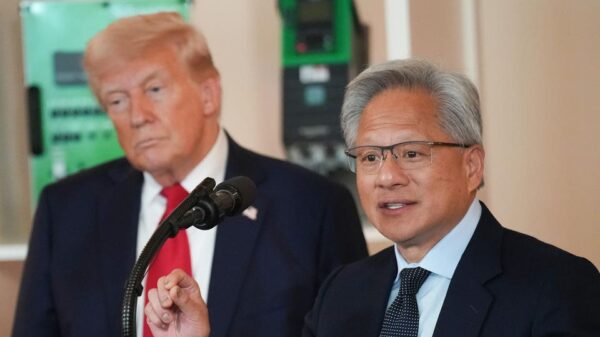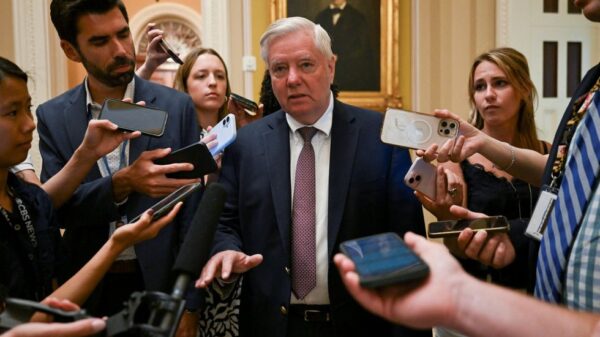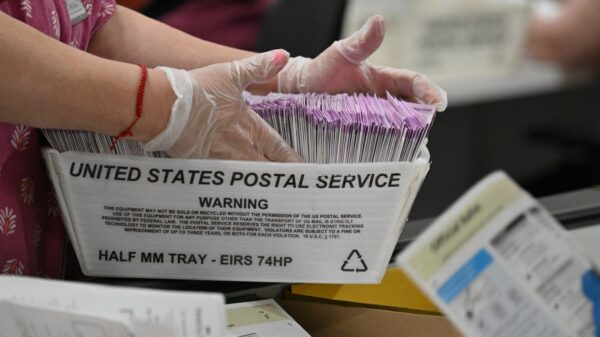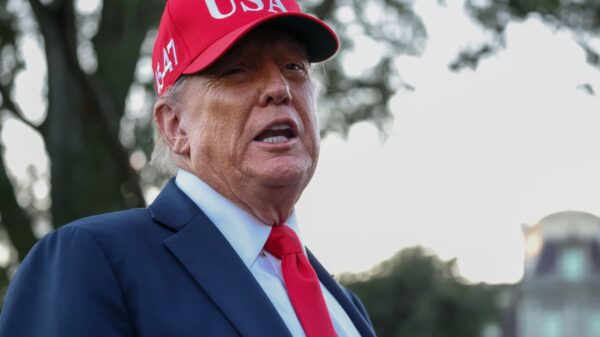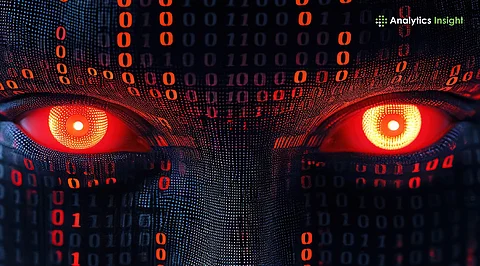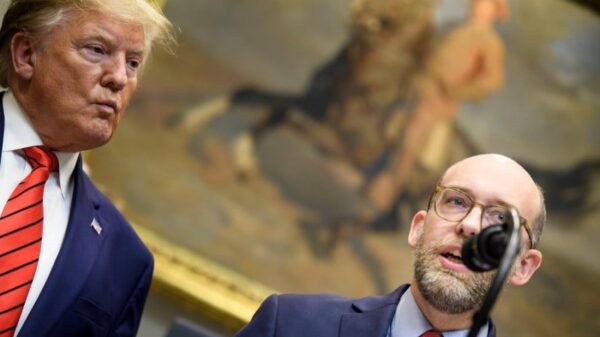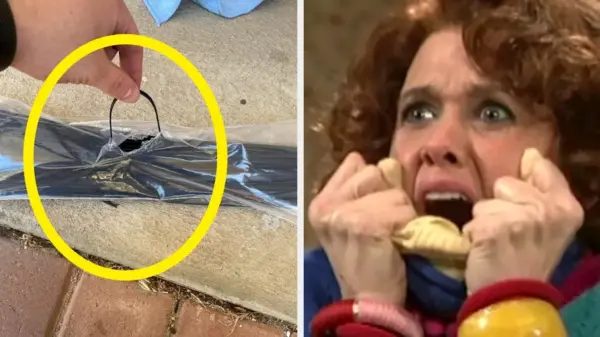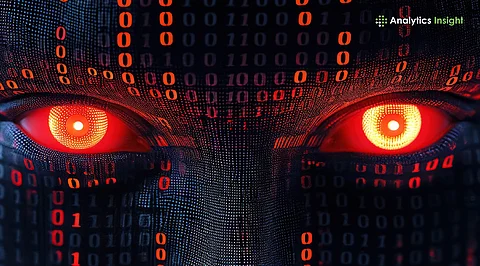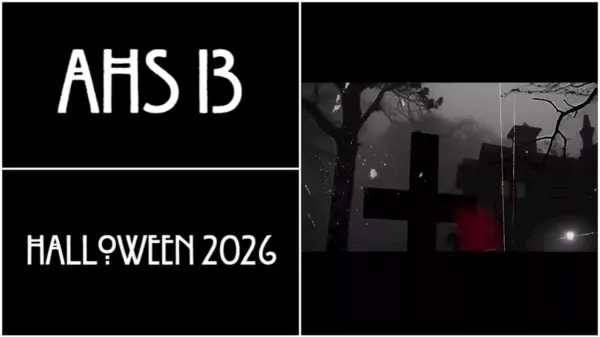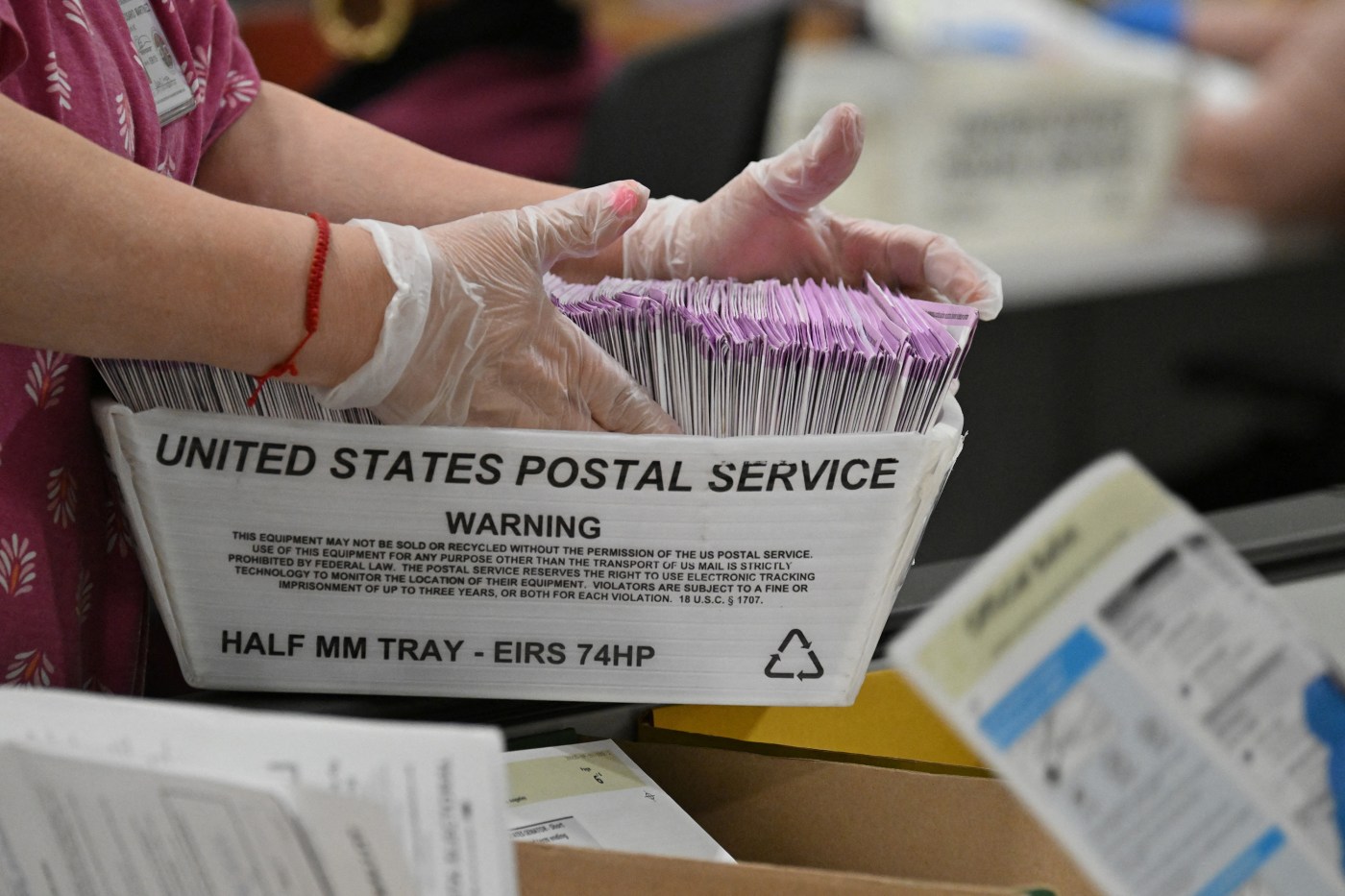The U.S. Justice Department has initiated monitoring of state elections in California and New Jersey, a move that has drawn scrutiny and concerns from Democratic leaders about potential implications for the upcoming elections in 2026. This action, described by the department as a routine function, comes amidst ongoing claims of voter fraud from former President Donald Trump and his supporters, despite a lack of evidence to support these assertions.
This week, federal agents will observe off-year elections in both states, where California voters will decide on a referendum regarding congressional redistricting and New Jersey will elect a new governor. California Governor Gavin Newsom has expressed alarm, suggesting that this monitoring could signal a broader strategy aimed at influencing future elections. “This is a preview of 2026,” Newsom stated, urging people to remain vigilant.
The Justice Department has asserted that its goal is to ensure “transparency, ballot security, and compliance with federal law.” Nevertheless, some Democrats perceive this initiative as the first step toward legitimizing claims of fraud in the current electoral process. Newsom’s apprehensions are echoed by Illinois Governor J.B. Pritzker, who criticized the Justice Department’s request for detailed state voter information, a practice he claims has no precedent in U.S. history.
The backdrop to this federal monitoring is Trump’s continued insistence that the 2020 presidential election was marred by widespread fraud. He has populated key election security positions with individuals who share his views, including Heather Honey, recently appointed as deputy secretary of homeland security for election integrity. Reports suggest that Honey had previously advised conservative activists that the administration should consider declaring a “national emergency” to impose stricter election rules at the state level.
In addition to monitoring state elections, Trump has directed the deployment of National Guard troops to several cities, including Los Angeles and Chicago, purportedly to combat crime and manage immigration enforcement. Newsom’s skepticism extends to these military deployments, which he views as potentially indicative of a larger political strategy aimed at consolidating power.
While previous administrations have also sent federal monitors to oversee elections, the lack of federal elections occurring this week further complicates the narrative. The Justice Department’s actions appear primarily motivated by criticism from local Republican leaders concerning mail-in voting, a frequent target of Trump’s rhetoric.
Despite Trump’s assertions, investigations into claims of illegal voting have yielded minimal results. For instance, a comparison of Texas’s voter registration list with the U.S. Citizenship and Immigration Services database revealed only 2,724 non-citizens registered to vote out of approximately 18.6 million registered voters in the state. This statistic indicates that non-citizen registrants represent about 0.01% of the total, reinforcing findings that have consistently downplayed the extent of voter fraud.
The executive order signed by Trump in March mandated proof of citizenship for voter registration and imposed restrictions on mail-in ballots, even those postmarked by Election Day. While federal courts have blocked the enforcement of the citizenship requirement, the implications of these actions are still being scrutinized by state officials.
As the Justice Department continues its monitoring efforts, both Newsom and Pritzker remain keenly aware of the potential long-term consequences of these developments. Their warnings highlight a growing concern among Democrats regarding the administration’s intentions and the possibility of influencing the electoral landscape as the nation approaches the 2026 elections.




